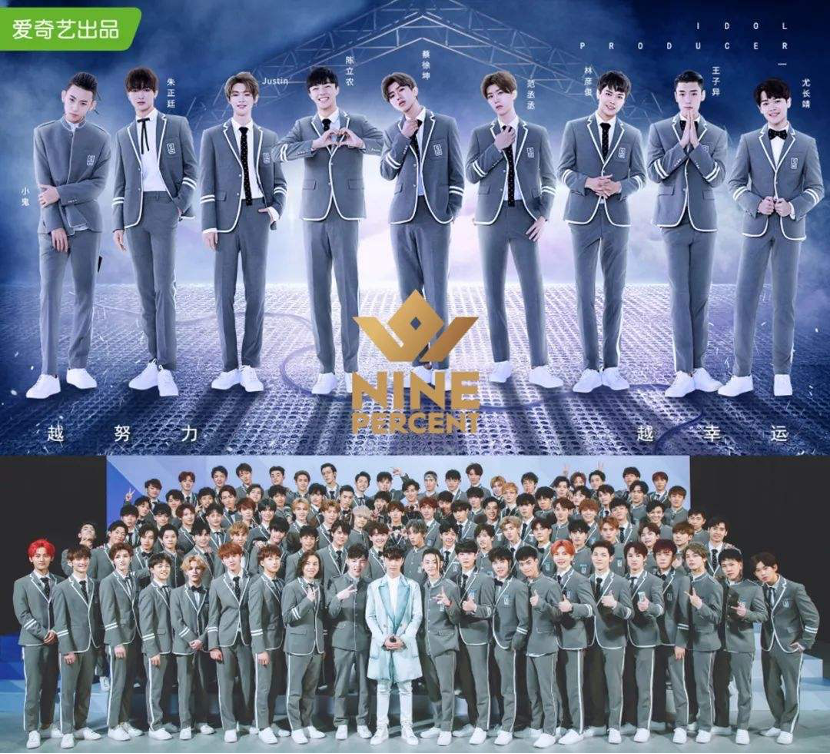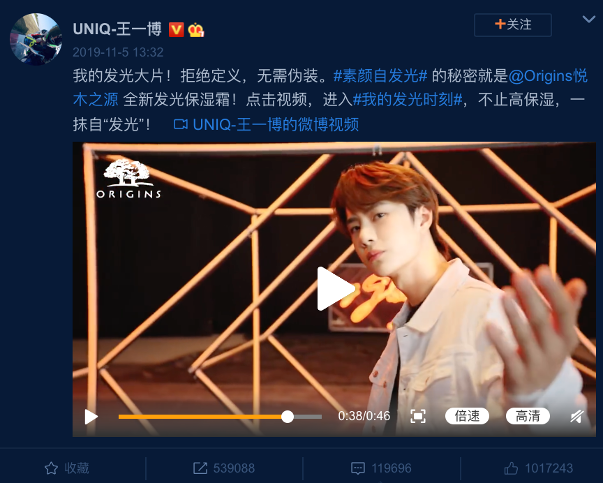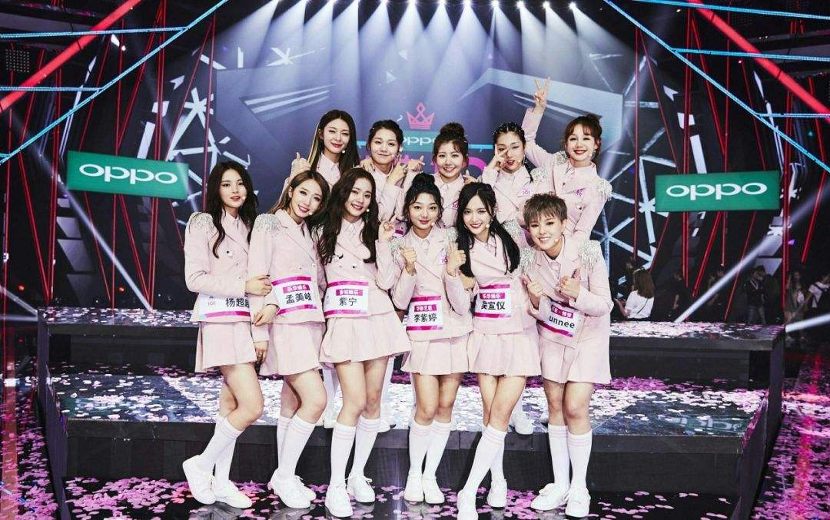China’s idol and celebrity industry has transformed with the country’s rapidly growing Internet economy. While idol culture and the “fan economy” have always existed, the Internet is now playing a lead role in its development.
Popular idol variety TV shows like “FAN PRODUCER” on iQiyi (China’s leading online video platform) to “PRODUCE 101” from Tencent (parent owner of WeChat), have given rise to fan participation. So much so that China’s online video giants have monetized fan voting. VIP fan members now have special voting privileges during the show period, which encourages paid fan memberships.
A Look at China’s Idol Industry

In the past, fans supported their idols by going to the movies or buying a concert ticket. These star chasers had strong spontaneity but lacked today’s digital tools for planning and organization. Today’s fans, largely the post-1990s and 2000s new consumption power, are connected, mobilized and highly specialized. There are even “fan heads” and other super fan positions giving increasing power to China’s “fandom.” Fan voting is just the beginning. In the new fan economy, fans have more control over an idol’s success leveraging not only their economic power, but also their developed social networks.
An idol’s fan ecosystem now commonly includes an authorized fan club that operates more like a company. There are official roles and fan departments, including core management, publicity, creative, copywriting, data and analytics and finance. Any data reflecting the popularity of the idol will affect the sensitive nerves of fans.
While today’s technologies have connected us like never before, it’s also linked to alarming levels of anxiety, depression and loneliness. The cultivation of idols enables fans to find an emotional outlet and obtain a sense of belonging and companionship. A typical fan once said, “I feel like my idol is one of my family members. We have witnessed every bit of his growth.”
The Economy of “Crazy”
Of the estimated 500 million “star chasers” in China, 36% are willing to spend 100-500 yuan per month (or $15-75 USD/month) on their idols. This is an annual market size of 90 billion yuan. In essence, idols are now market commodities. It’s no longer uncommon to cast 300,000 yuan to vote for an idol.

Estee Lauder announced Xiao Zhan as its brand ambassador just before the Double 11 shopping festival. Sales exceeded 40 million in one hour.
The fan economy is showing vigorous vitality. Star endorsement drives brand sales and is a pilar of the digital economy. For example, the Double 11 shopping festival is pairing top performing idols with well-known cosmetics brands to jump start sales. Sales data is shared publicly to pit fan groups against each other and stimulate sales in a “pre-sale war.” Chinese idol Xiao Zhan’s line with Estee Lauder exceeded 40 million in one hour while Wang Yibo’s Origins collection surpassed 30 million. Star-chasing girls are willing to spend and fight for their idols, even in the front line of Double 11.
China’s “Star Fans” are not just consumers, but lifestyle pursuers who aim to be closer to their idols by living the brand. Popular Chinese social apps are now capitalizing on this consumer behavior with new interactive and e-commerce tools unleashing the unstoppable power of the fandom.
Growing a Healthy and Sustainable Fandom
- Nurture Your Fan Ecosystem
A celebrity’s unique fan ecosystem is based on compelling lifestyle content, not simply shopping guides. Since fans closely follow their idol’s rituals and other daily updates, product endorsements become even more relatable and desired. - Encourage Fan Participation
Brands should not simply rely on stars to influence consumers from top to bottom. Center efforts on the fandom so fans become active participants, helpers and beneficiaries of brand marketing. Interactive activities give fans a role in their idol’s success and encourages them to do business for their idols. This creates good will with fans and can increase the sphere of influence. - Provide Excellent Customer Service
When fans have doubts and anger, brands must respond quickly. This does not mean to delete all negative comments or pretend that the problem does not exist. Acknowledge concerns about the problem, show respect for fans opinions and provide solutions as soon as possible to ease the situation. - Build Trust With “Iron Fans”
When brands understand the perspective of fans, they can communicate more easily. This requires going beyond a brand’s corporate messaging to build trust within the community. Enter fan groups to learn the psychology of fans and become more intimate with diehard “iron fans.” Brands can more successfully encourage social sharing when they follow the whole chain of consumption from fan interest to interaction and purchase.

On November 5, 2019, Origins launched its new product video with idol Wang Yibo. It generated thousands of social interactions on Weibo before Double 11.
In the era of the fan economy, the key to success between brands and their celebrity endorsers are the fans. Their influence on an idol’s popularity and product sales volume has redefined star marketing. While it requires a delicate and precise approach, brands who succeed can reap benefits for years to come.



